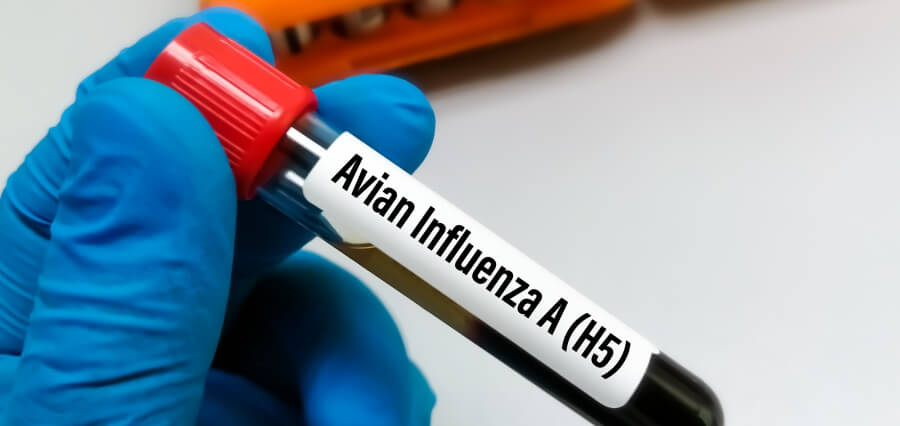World of Wearables
The study of unique sticker solution has taken a step forward and researchers at Purdue University are the catalyst to this. As these devices are made of paper, the world of wearables will be drastically reduced. These simple stickers are expected to change the complete landscape of medical wearable in the near future.
These stickers are made out of cellulose, making them both breathable and biocompatible. They can be easily attached to the patients’ skin and allow them to monitor their health factors accurately, at regular intervals. With these stickers, the doctors can monitor the sleep activity of their patients as they can be used as implantable sensors. They adhere to the internal organs properly, with no side-effects. With the constant monitoring of the conditions of heart patients, many lives could be saved. Athletes can also use the stickers to keep a check on their health during swimming and exercise.
The lead of the research team, Ramses Martinez, who is an assistant professor of industrial engineering and biomedical engineering at Purdue, stated, “For the first time, we have created wearable electronic devices that someone can easily attach to their skin and are made out of paper to lower the cost of personalized medicine.”
Patterned to be in serpentine shapes, they are made as stretchable and thin as the skin, making them unnoticeable on it. To avoid the degradation due to sweat and other environmental factors, the researchers have coated them with the molecules repelling water, dust, bacteria, and oil. It is being predicted that the production of a sticker will cost around a nickel.
Talking about the cost-efficiency of this technology, Martinez asserted, “The low cost of these wearable devices and their compatibility with large-scale manufacturing techniques will enable the quick adoption of these new fully disposable, wearable sensors in a variety of health care applications requiring single-use diagnostic systems.”
Patented through the Purdue Office of Technology Commercialization, the technology promises a better future for healthcare. Further, the researchers are looking for partners to commercially develop and test it. The advent of this technology came with Giant Leap celebration at Purdue. The celebration marks the 150th anniversary of Purdue and acknowledges the global advancement that the university has made in health. It’s an Idea Festival to showcase the steps Purdue has taken to solve real-world issues.
Read More News: Click Here









